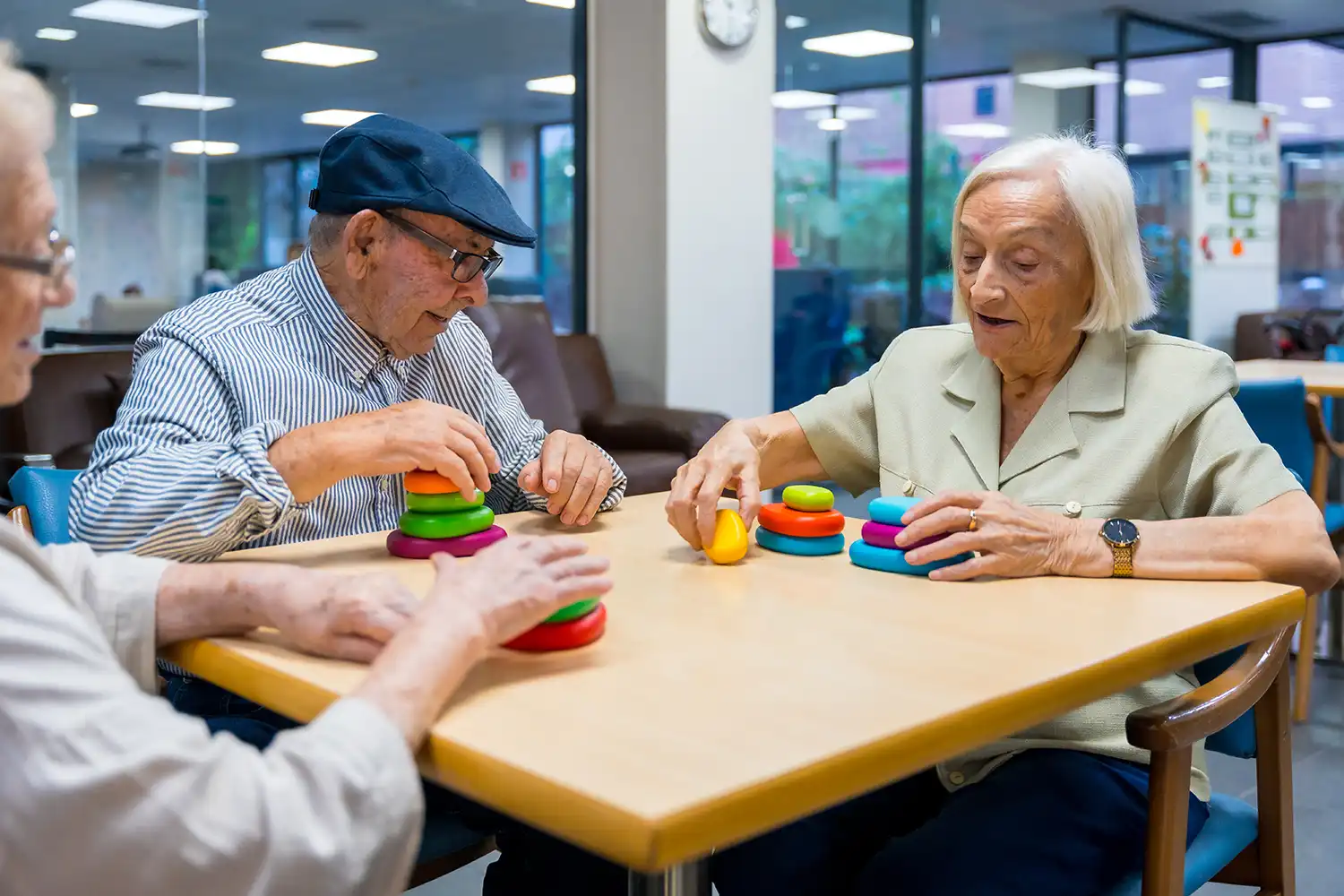The last years of your life can be a stressful and daunting time – and not just for you, but for your family and caretakers as well. There is a lot of misinformation out there, that can be both damaging and unfair to you and your loved ones as you try to navigate these tricky situations together. It’s important to consider processes like appointing a healthcare power of attorney or establishing a living will, as these documents are powerful tools if you find yourself in the position where you can’t communicate your wishes. Consider these myths (which we’ve debunked):
Myth: When you create a power of attorney, you give away your rights.
Truth: Delegating your rights to someone else is not giving them away. Instead, it allows you the capacity to choose which decisions your appointed person is allowed to make. Plus, for as long as you are mentally competent, you retain the ability to revoke or terminate power of attorney.
Myth: The more care you are given, the better your quality of life will be.
Truth: Unfortunately, this isn’t always true. Sometimes, more care simply artificially prolongs the body’s natural dying process. Stepping in to interrupt nature’s course is sometimes a good thing – and sometimes, it’s not. It’s important to know which interventions (and when) are important, and to communicate these wishes ahead of time to a designated person with legal authority to carry them out.
Myth: Refusing life support means you are essentially committing suicide.
Truth: Absolutely not. With regard to life insurance and your doctors, they will consider the underlying medical problem the cause of death. And regardless of the life-extending treatments you may refuse, you are still entitled to any care, especially pain and symptom management care, you need or want.
Myth: You must have a living will to stop treatment near the end of life.
Truth: If it’s no longer helping, treatment can be stopped without a living will. However, having an advance directive is important to avoid family disputes and to honor your wishes in case you are unable to communicate them.
Myth: Stopping or reducing artificial nutrition and hydration causes starvation and eventually death.
Truth: Not so. Unlike keeping food or water from a healthy person, a dying person needs less hydration and nutrition and withholding it does not cause pain or suffering.







Leave A Comment
You must be logged in to post a comment.